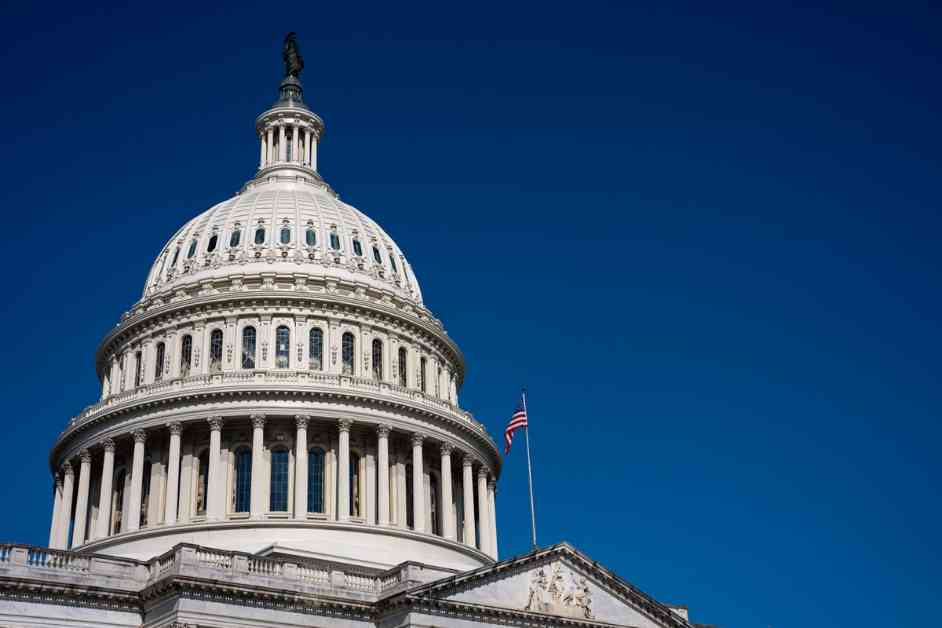President-elect Donald Trump’s return to the White House could embolden Republicans who want to weaken or repeal the Affordable Care Act. However, implementing such changes would still face procedural and political hurdles. Trump has expressed interest in retooling the health law, and high-ranking Republican lawmakers have said revamping Obamacare would be a priority.
Sarah Lueck, vice president for health policy at the Center on Budget and Policy Priorities, warned that the Republican plans could amount to repealing the ACA or making changes that could have a similar effect. The potential changes could lead to curtailment of Medicaid expansion, an increase in the uninsured rate, weakened patient protections, and higher premium costs for millions of people.
Despite the desire to make changes to the ACA, Republicans face challenges in Congress. The narrow margins by which Republicans control the House and Senate mean that just a few “no” votes could derail efforts to change the law. Some of the proposed changes, like altering the funding formula for Medicaid or allowing individuals to use ACA subsidies for non-compliant health plans, would require congressional approval.
The Trump administration could also bypass Congress by using executive orders to initiate changes. These orders would give an early indication of the administration’s policies regarding healthcare. Additionally, the administration could opt to stop defending the ACA against legal challenges, potentially leading to the removal of key coverage requirements.
In terms of regulations, the Trump administration could work to reverse some of the changes made by the Biden administration, such as expanding access to short-term health plans. However, drafting regulations has become more complicated following a Supreme Court ruling, which could lead to legal challenges against any new rules proposed by the Trump administration.
Some individuals with ACA plans have expressed concerns about the potential changes. Dylan Reed, a small-business owner with preexisting conditions, worries about losing coverage under the ACA. He emphasizes the importance of having access to affordable healthcare, especially for individuals with chronic illnesses.
Overall, the potential impact of the Trump administration on the Affordable Care Act remains uncertain. While there is a desire among Republicans to make changes to the law, the process could face obstacles both in Congress and through legal challenges. The future of healthcare policy in the U.S. will likely continue to be a topic of debate and discussion in the coming months.




